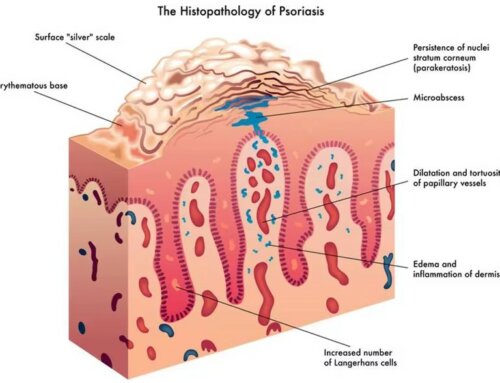This article is part two in a series on Weight Gain & Diabetes. To catch up, please read part one.
As discussed in the previous newsletter, patients are always trying to control their weight when they are diagnosed with diabetes. It definitely will have an impact on your blood sugars. Again I recommend the best way to attack the problem is to watch portion size, eat on a schedule and move as much as possible along with taking your medications correctly.
With that said let’s explore some other possible causes of why the weight may not be coming off.
- Stress – There are two ways that emotional or mental stress can add to weight gain. One way is that many people are “stress eaters.” What exactly does that mean? It means that with emotional comfort or discomfort including anxiety, guilt, depression, happiness or generalized stress you tend to grab for food – especially comfort food; comfort foods including meat loaf, macaroni and cheese, mashed potatoes and fruit cobblers tend to fit the profile. Obviously people who eat out of emotion tend to gain more weight as opposed to those who eat out of hunger and show self control. The box of cookies or the bag of chips automatically disappears without realization and then the weight piles on. The second way is when you are stressed the hormones pour out, especially cortisol, and the weight comes on. Cortisol is the fight or flight hormone which increases heart rate, opens your blood vessels, diverts blood from your digestive system and sends blood to your muscles. Your liver also increases the release of glycogen (or stored sugar) into the system to help you run away. The body now has no need for this extra sugar and it is stored in fat cells. You feel more hungry, eat more, and store more sugar in the fat cells. This response becomes chronic and the weight gain begins – especially around the middle and the internal organs. This is called visceral fat. Can we stop stress from happening? Most likely not but you can change your response to stress to avoid unnecessary weight gain. Consider ways to reduce or alleviate stress as much as possible or find ways to cope with it.
- Thrifty gene hypothesis – This hypothesis was introduced in 1962 by geneticist Dr. James Neel. The concept is that the human developed the thrifty gene to help during times of famine. As time progressed and the ability to gather or purchase food was further developed the need for this gene was no longer apparent. The “thrifty gene allowed us to store and process food when food was most plentiful.” The thrifty gene seems to present itself in specific populations where food was difficult to come by. Unfortunately this hypothesis has been explored by many other scientists and it is said that it most likely does not exist. Research continues to explore this hypothesis.
- Menopause and Andropause (male menopause) – As we age we tend to put on weight due to an imbalance of hormones. This hormone imbalance also has an effect on your appetite, hunger, fat storage and metabolic rate. For women, estrogen starts to decline about 10-12 years prior to menopause. The body begins to search for more estrogen and finds it from fat cells. Your body converts more calories to fat to keep up with the need for estrogen and you gain weight – especially around the middle. Women lose the production of progesterone, another hormone which causes water retention, bloating and weight gain. Although much less critical to women, testosterone levels drop during menopause; as we lose testosterone we lose the ability to build muscle mass, which helps keep up our metabolic rate. The weight accumulates as we lose muscle mass. Men have their own hormonal reasons for weight gain. As they age they tend to produce more estrogen and less testosterone. This make them lose muscle mass and end up gaining weight. Some estrogen is necessary for men to assist in producing bone mass but too much causes fat cell deposits. You should talk to your physician to see how to deal with these issues. Blood sugars are affected during this phase of life due to hormones and should be considered in your overall treatment plans.
- Thyroid – Hypothyroidism, or under-active thyroid, can be a cause of weight gain if unrecognized or untreated. It is more common in women and in combination with diabetes since it is an auto-immune disease. Thyroid disease tends to run in families and increases in frequency as we age. Too little thyroid hormone can definitely cause weight gain, uncontrolled blood sugars, hair loss, dry skin, constipation, mental fog, fluid retention and stiffness. Your health care provider should be checking your thyroid blood work at least yearly for abnormalities.
Again these are possible causes which may make controlling your weight more difficult. Stick with the basics and when that does not work, try to explore other reasons. Remember, the holiday season is upon us (starting with Halloween), so do not blame your thyroid or other hormones if you are over-indulging in food! Use moderation and enjoy!
NOTE: Consult your Doctor first to make sure my recommendations fit your special health needs.






Leave A Comment